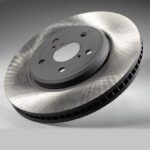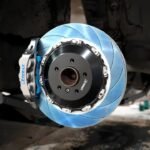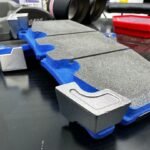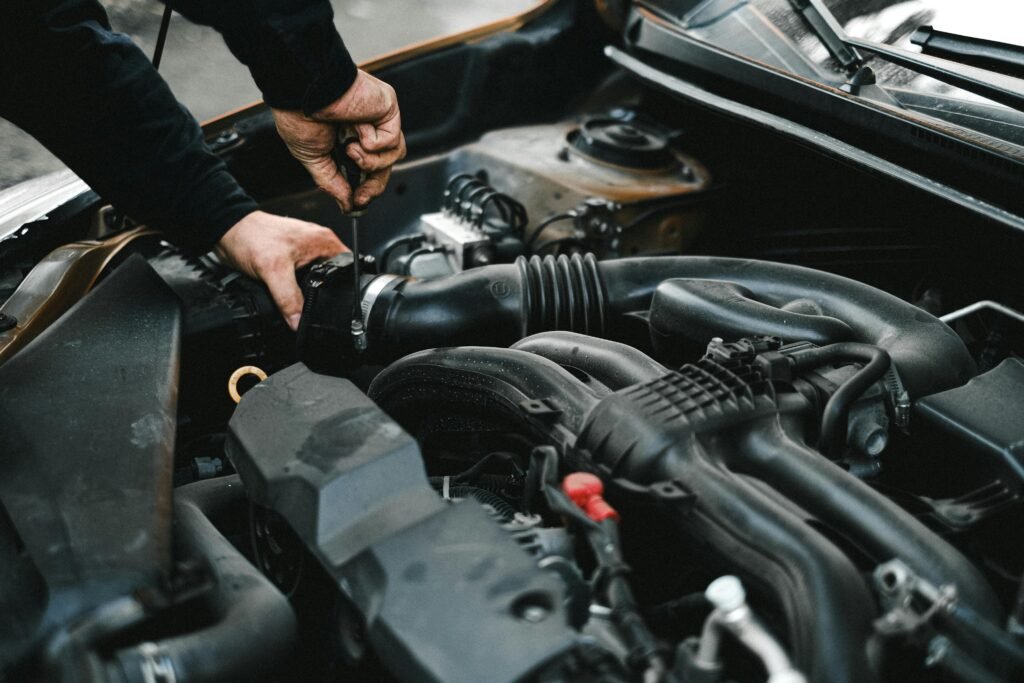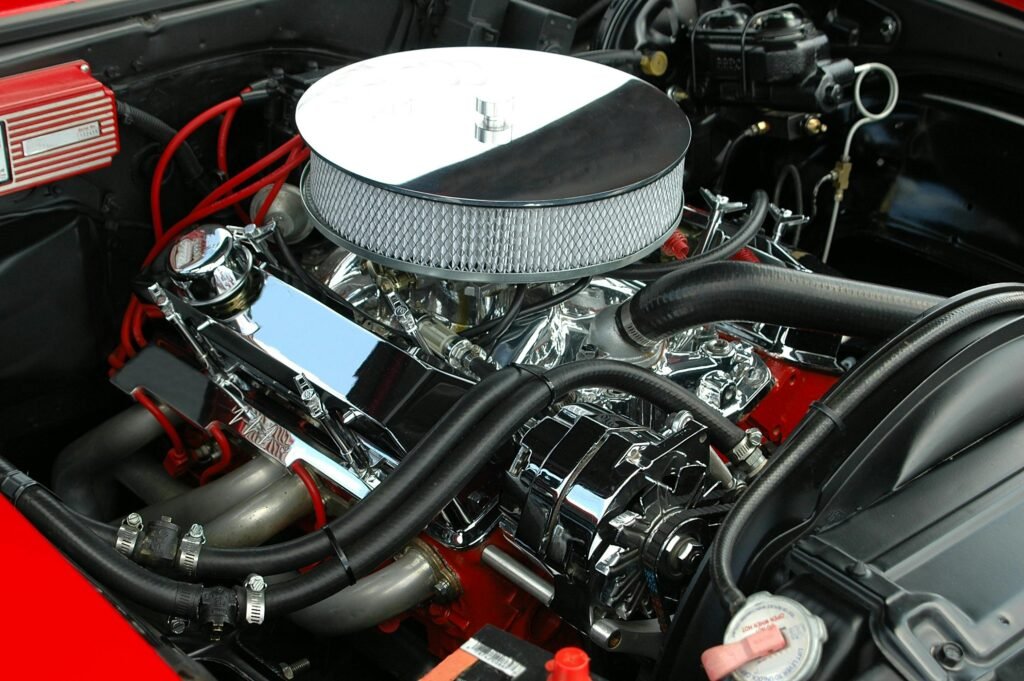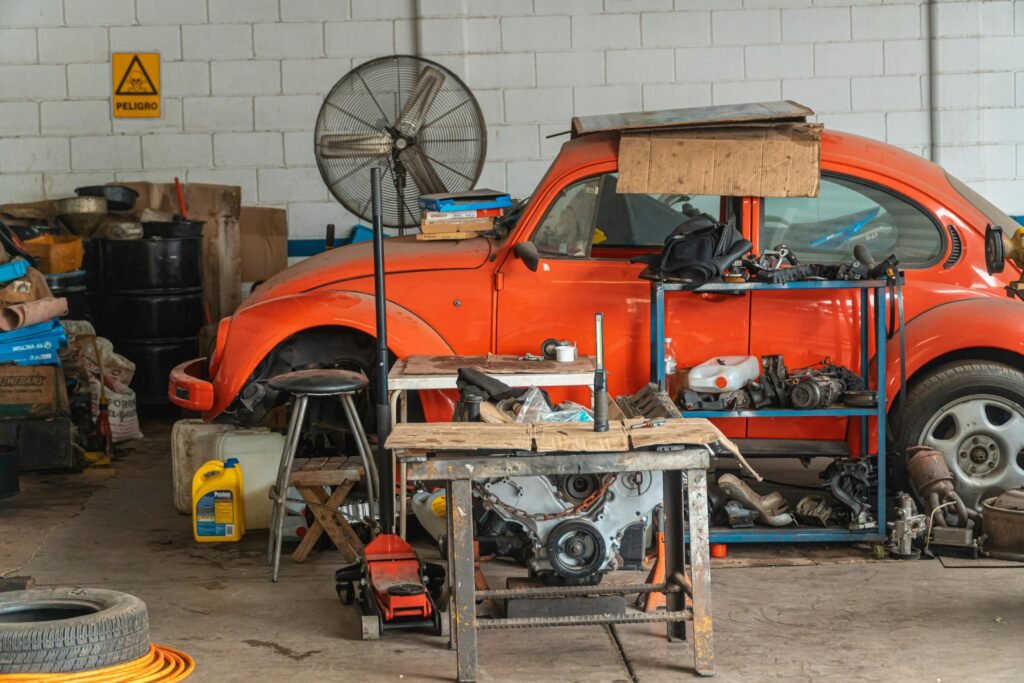Are you frustrated replacing brake pads on a one-year-old car? Nobody wants to replace brake pads on a brand new car. This is a safety issue that can get expensive quickly. Let’s talk about why it happens and how to fix it.
Brake pads on a one-year-old car can wear out for several reasons. You may be driving it too aggressively. The brake pads may be made out of cheap materials. Or, there could be installation errors. Regular inspection and using quality parts can help ensure you don’t have to replace your brake pads prematurely.
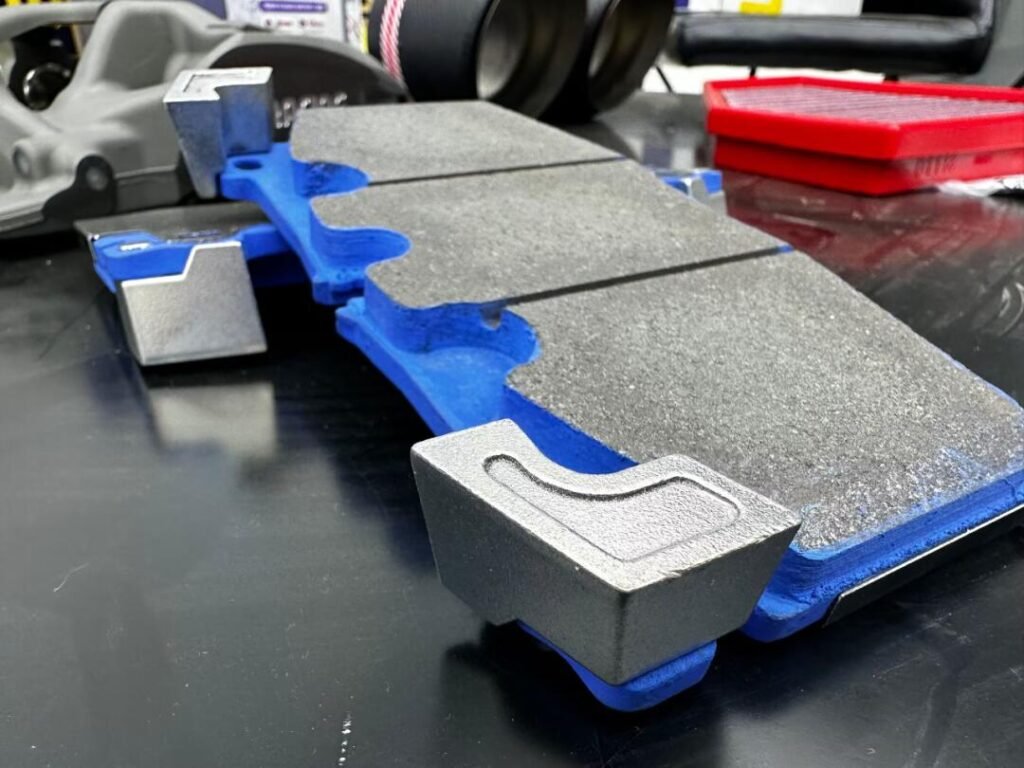
Wondering why your new car’s brakes might need attention so soon? Keep reading!
Can brake pads go bad in one year?
Yes, they can. If you drive aggressively, carry heavy loads, have poor quality parts, or do a lot of stop-and-go driving, you can wear out your brake pads in a year. Is that fast? Yes, it is. But certain conditions put more wear and tear on your brake pads, which means you have to replace them sooner.
Why do I have to keep replacing my brake pads?
If you find yourself replacing your brake pads frequently, it could be your driving style, a problem with your calipers, or you might have cheap brake pads. Hard braking and heavy loads will eat up brake pads. On the other hand, if your calipers are misaligned, or if your rotors have uneven surfaces, that can cause your pads to wear out too fast.
Should brake pads be replaced due to age?
Brake pads aren’t usually replaced by age; they’re replaced by wear. However, older brake pads can absorb moisture from the air over time. When that happens, the brake pads don’t work as well. Even though they may look okay, if you notice a decrease in brake performance, especially if your car sits in a humid environment, you may want to consider replacing the brake pads.
How to tell if brake pads need replacing?
The most common signs you need to replace your brake pads are if they make a squeaking or squealing noise, your stopping distances are longer, or the brake pedal feels spongy. You can see if your brake pads are thin by visually inspecting them. Typically, if they’re less than 3mm thick, you need to replace them. Some brake systems even have wear indicators that will light up on your dashboard to tell you when you need to replace your brake pads. Don’t ignore these signs.
In short, regular checks and quality parts ensure brakes last longer—even on a newer vehicle.

